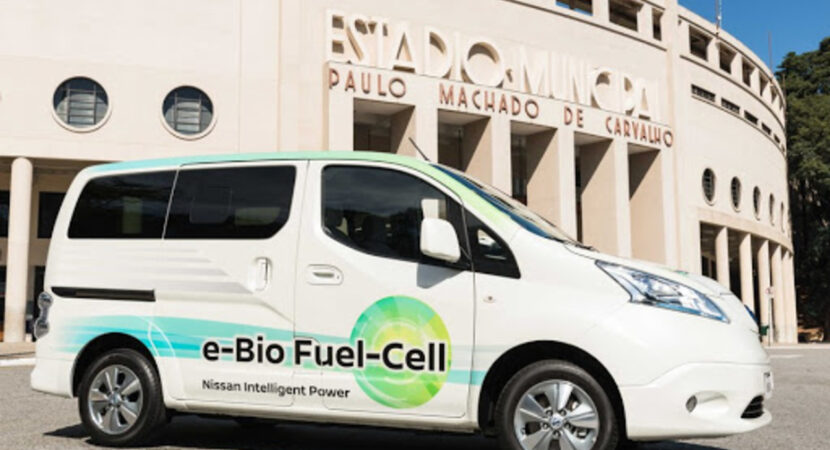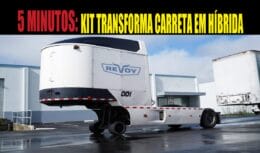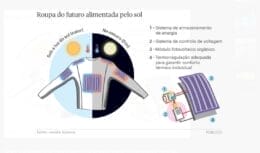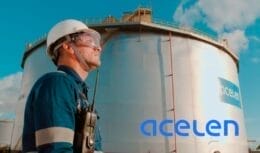
Nissan has developed a new type of fuel cell powertrain together with Unicamp and USP for cars that uses an ethanol tank instead of hydrogen.
Nissan's new technology in partnership with USP and Unicamp, named e-bio fuel cell, aims to combat a common obstacle to the deployment of traditional vehicles with hydrogen fuel cells: the lack of a hydrogen fueling infrastructure. Nissan's system uses bioethanol, derived from renewable crops such as corn or sugar cane, and much of that refueling infrastructure already exists.
Read also
Unicamp and USP create something unprecedented
Fuel cells supplied with ethanol calls from e-bio They must also be less expensive than traditional hydrogen systems because they don't require expensive carbon fiber tanks for pressurized hydrogen or expensive precious metals like platinum as catalysts for generating electricity.
Nissan aims to bring the technology to the fleet vehicle market around 2020
“By using this fuel, it can have a wider application,” Executive Vice President Hideyuki Sakamoto said in announcing the development. “We don't need hydrogen infrastructure. That's the biggest advantage, along with better security. ”
The Nissan and USP system shares its core technology with traditional fuel cell systems in vehicles such as the Toyota Mirai or Honda Clarity fuel cell sedans.
It even requires hydrogen to be fed through its fuel chimney to generate electricity. And like existing vehicles, it uses that electricity to power an electric motor that powers the car. Excess electricity is also stored in an internal battery.
The main differences in the Unicamp, USP and Nissan project
But the biggest difference is that Nissan's system generates its hydrogen inside the car with ethanol. This is done through an additional step managed by a component called a reformer.
The reformer transforms the ethanol in the fuel tank into hydrogen, which is then fed into the fuel cell. In a traditional hydrogen fuel cell car, there is no reformer. The car's fuel tank holds pressurized hydrogen pumped directly from a fueling station.












